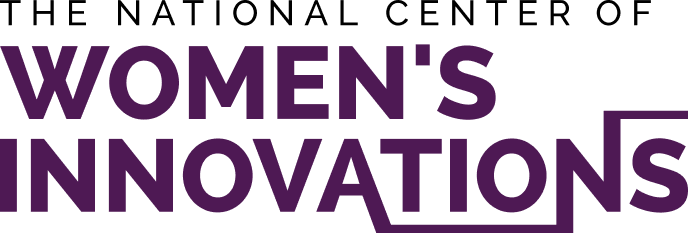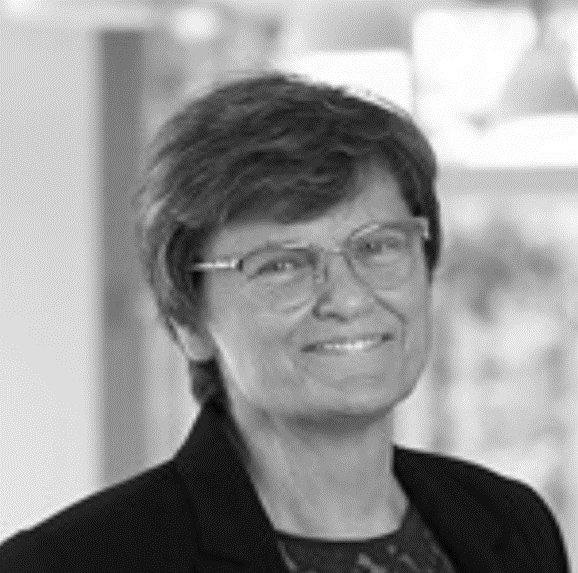A Hero of COVID-19 Vaccine Development, 2020.
Dr. Katalin Karikó was the 13th woman in history to win the Nobel Prize for Physiology or Medicine, for her path-blazing research with mRNA (modified ribonucleic acid) gene therapy that led to the COVID vaccine. The messenger RNA-based technology developed by Karikó and the two most effective vaccines based on it, BioNTech/Pfizer and Moderna, have formed the basis for the effective and successful fight against SARS-CoV-2 virus worldwide and have contributed significantly to the containment of the COVID-19 pandemic.
At the height of the pandemic, Dr. Fauci would say that Karikó’s modified mRNA research “is going to be transforming. It is already transforming for COVID-19, but also for other vaccines. H.I.V. – people in the field are already excited. Influenza, malaria, too.”
Yet… until she won the award, the University of Pennsylvania denied her tenure, demoted her, never paid her more than $60,000 a year, and refused to give her a lab to research her renegade idea. One day at the copy machine, she met Dr. Drew Weissman, a respected vaccine researcher. Their work together, published in seminal studies in 2005, 2008 and 2010, led to a paradigm change in our understanding of how dendritic cells respond to mRNA vaccines. In 2023, both received the Nobel Prize for their lifesaving research.
Karikó grew up in Hungary in a small home without running water, a refrigerator, or TV. During her primary education she placed third in the country in a biology competition. In 1978, she received a BS in Biology from the University of Szeged (Hungary), followed by a PhD in Biochemistry in 1982. In 1985, when her Hungarian lab lost its funding Karikó, her husband, and two-year old daughter (Susan Francia, a two-time Olympic gold medalist rower) emigrated to the US, smuggling £900 inside her daughter’s teddy bear. She did three years of postdoctoral work at Temple University, where she was engaged in clinical trials using double-stranded RNA to treat patients with HIV, hematologic diseases and chronic fatigue syndrome. The work was considered groundbreaking for its time and was a precursor to the work that would garner the world’s highest prize in science.
From 1988 to 1989, she researched signal protein interferons at Health Sciences in Bethesda, Maryland. In 1989, she was hired to work with cardiologist Elliot Barnathan on messenger RNA (mRNA) at the University of Pennsylvania, where she remained until 2013 despite numerous obstacles to her career. She then became vice president / senior vp at BioNTech RNA Pharmaceuticals, which she left in 2022 to devote more time to research. She was also the co-founder and CEO of RNARx (2006-2013). Karikó was professor at the Perelman School of Medicine at the University of Pennsylvania prior to 2023, when she accepted a professorship at the University of Szeged in Hungary, which had awarded her an honorary doctorate in 2021. She holds 16 patents.
Awards and Accolades (partial)
- 2023, co-winner, Nobel Prize in Physiology or Medicine
- 2023, named to National Inventors Hall of Fame
- 2023, Dawson Prize in Genetics
- 2022, European Inventors’ Award; Breakthrough Prize in Life Sciences; Tang Prize Award in Biopharmaceutical Science; L’Oreal-UNESCO for Women in Science Award; Paul Ehrlich & Ludwig Darmstaedler Prize; Vin Future Prize; Jessie Stevenson Kovalenko Medal; Japan Prize; Pearl Meister Greengard Prize; Canada Gairdner International Award; Keio Medical Science Prize
- 2021, Time Magazine Hero of the Year; Glamour’s Women of the Year
- 2021, Wilhelm Exner Medal; Princess of Asturias Award; Louisa Gross Horwitz Prize; Albany Medical Center Prize; Lasker-DeBakey Clinical Medical Research Award; Széchenyi Prize; German Future Prize; Grande Medaille; Debrecent Award for Molecular Medicine; John Scott Medal; BBVA Foundation Frontiers of Knowledge Award; Novo Nordisk Prize; Paul Janssen Award for Biomedical Research
- 2020, Rosenstiel Award

